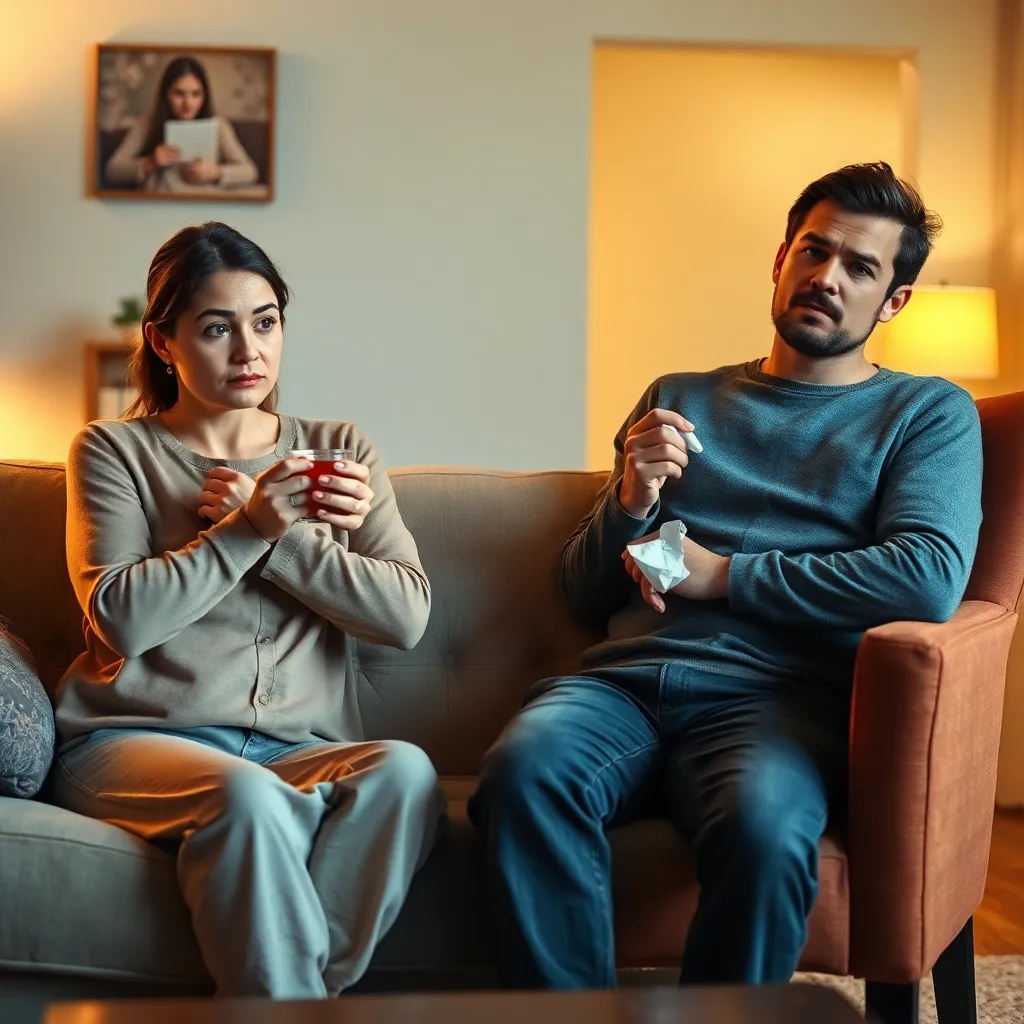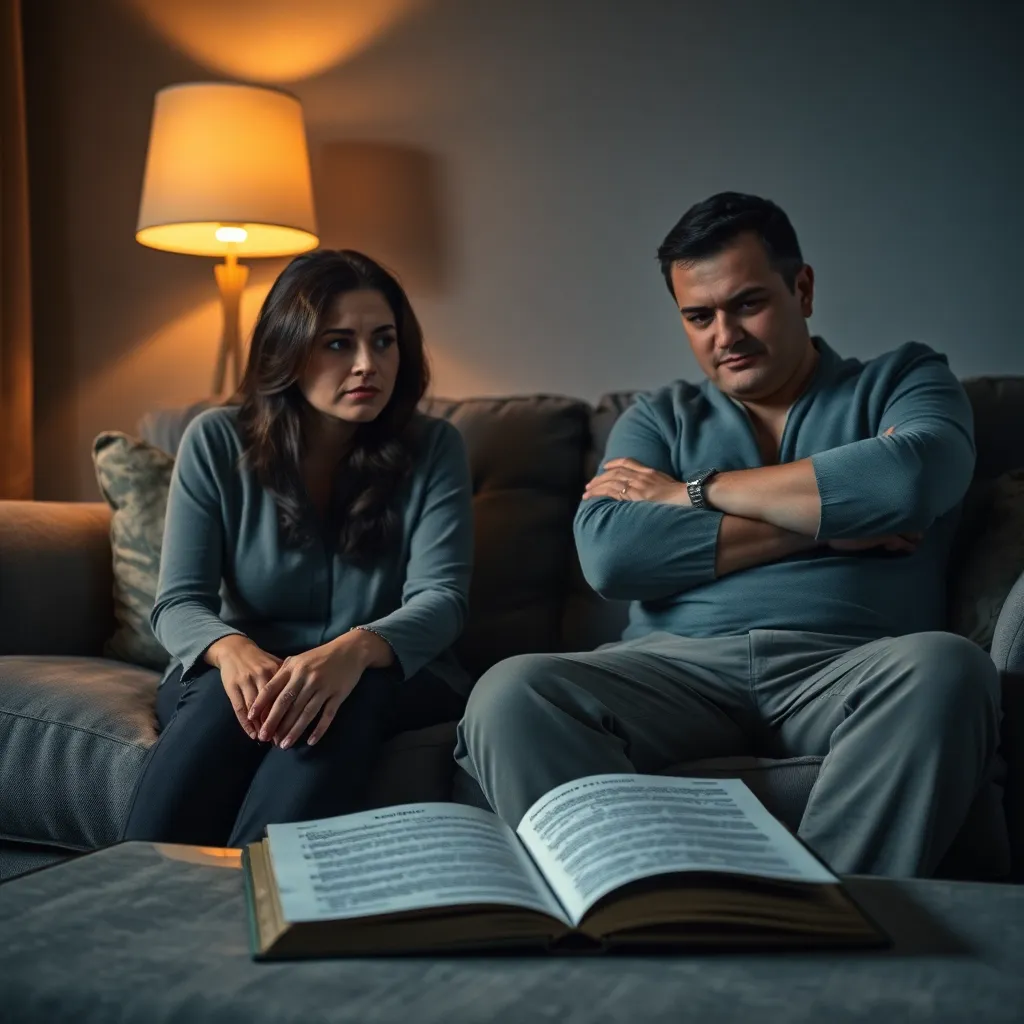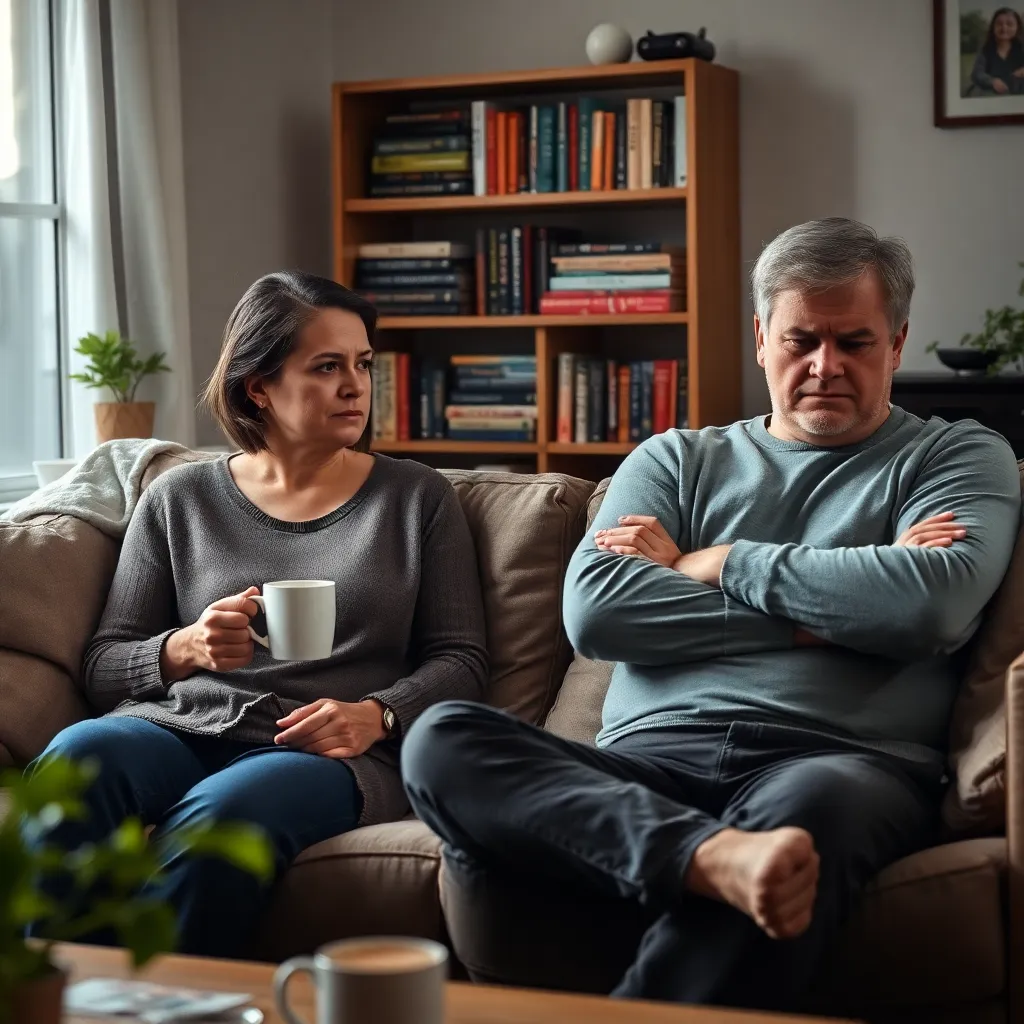Navigating relationships with individuals who consistently play the victim can be both bewildering and emotionally draining. If you’re feeling confused and unsure about why someone in your life seems to consistently shift blame and responsibility, know that you’re not alone in this experience. Understanding the dynamics of why narcissists often play the victim card is a crucial step in reclaiming your emotional well-being. It can be incredibly validating to recognize the patterns at play, allowing you to break free from cycles of manipulation and regain a sense of control.
This article aims to shed light on the complex behaviors of narcissists, particularly their tendency to portray themselves as the victim. By exploring the motivations and psychological underpinnings behind this behavior, you’ll gain clarity and insight into their often-confounding actions. We will delve into the strategies narcissists use to manipulate perceptions and the impact this can have on your mental health. Our hope is to equip you with the knowledge and tools needed to navigate these challenging dynamics more effectively.
Throughout this discussion, we will provide practical advice on setting boundaries and protecting your emotional space. You’re not only going to learn about the reasons behind the victim-playing behavior but also how to respond in a way that safeguards your well-being. We understand the emotional toll this can take and are here to support you in making informed choices that foster healthier interactions. Let’s embark on this journey together to empower you with understanding and resilience.
1. Understanding Narcissistic Behavior Patterns

Understanding the intricacies of narcissistic behavior patterns can be both enlightening and challenging. These patterns often manifest in subtle ways, leaving those around them feeling confused or manipulated.
Narcissists frequently exhibit a strong need for validation and admiration, which drives much of their behavior. This need can lead them to distort reality, presenting themselves as victims to maintain control over their narrative.
In relationships, this behavior can manifest as a partner who always seems to be the one who is wounded, regardless of the circumstances. For example, after a disagreement, a narcissist may flip the situation to highlight their own discomfort, shifting the focus away from the original issue.
Experts suggest that this pattern stems from a deep-seated fear of being exposed or criticized. By playing the victim, narcissists effectively deflect attention away from their shortcomings and back onto the perceived faults of others.
Recognizing these behavior patterns is the first step in protecting yourself from emotional manipulation. By understanding the underlying motives, you can set healthier boundaries and foster more balanced interactions.
2. The Victim Card Explained

The concept of the victim card is essential when understanding narcissistic behavior. Often, narcissists use this tactic to deflect blame and garner sympathy from those around them. Imagine a scenario where a partner consistently criticizes their significant other, only to turn around and claim they are the ones being mistreated. This role reversal can be confusing and emotionally draining for the partner, who may begin to question their own perceptions.
In many cases, narcissists employ the victim card as a way to manipulate the narrative. By positioning themselves as the aggrieved party, they seek to control the emotional atmosphere and shift focus away from their own behaviors. A common example is when a narcissist feels criticized and immediately responds by bringing up past grievances, painting themselves as the long-suffering partner. This tactic not only diverts attention but also discourages further confrontation, as it muddles the original issue.
Expert insights suggest that narcissists might not even be consciously aware of their manipulation tactics. According to psychologist Dr. Judith Orloff, many narcissists have a deep-seated fear of inadequacy, driving their need to project an image of victimhood. Being aware of this dynamic can empower individuals to set boundaries and protect their emotional well-being in relationships. By recognizing these patterns, you can respond more effectively, ensuring that your concerns are not overshadowed by their narrative.
Ultimately, understanding the victim card strategy can help you navigate relationships with more grace and confidence. By recognizing these patterns and their underlying motives, you can avoid falling into the trap of self-doubt. Always remember that maintaining a sense of self-awareness and emotional intelligence is key to preserving your mental health in any challenging relationship.
3. Motivations Behind Playing the Victim

Understanding the motivations behind why narcissists play the victim card can help in managing relationships with them more effectively. Often, this behavior stems from a deep-seated need to garner sympathy and support from others, which helps to reinforce their fragile self-image.
In many cases, narcissists use the victim role as a way to avoid responsibility. By portraying themselves as the ones who are wronged, they can shift blame away from their own actions, which allows them to maintain their sense of self-worth.
Another motivation is the desire for control. Playing the victim can manipulate others into feeling guilty or obligated to cater to the narcissist’s needs, thus giving them the upper hand in the relationship.
Consider a scenario where a partner constantly blames external circumstances for their inability to meet commitments, subtly shifting the focus away from their own shortcomings. Recognizing this pattern can empower you to set healthy boundaries and maintain your emotional well-being.
Experts suggest that understanding these motivations can significantly help in navigating interactions with narcissists. By recognizing the patterns and responding with empathy yet firmness, you can protect yourself from emotional manipulation.
4. Impact on Relationships and Trust

Navigating a relationship where one partner consistently plays the victim can be emotionally exhausting. Such behavior often leads to a significant erosion of trust, as the other partner may feel manipulated or unfairly blamed for issues.
For instance, consider a scenario where one partner frequently blames the other for their own mistakes or shortcomings. Over time, this can create a pattern of distrust and resentment, as it becomes difficult to discern genuine grievances from manipulative tactics.
According to relationship experts, the habit of playing the victim often stems from a deep-seated need for control or attention. When one partner constantly assumes the victim role, it forces the other partner to either capitulate or walk on eggshells, ultimately destabilizing the foundation of the relationship.
It’s crucial for partners to establish open and honest communication channels to mitigate these issues. Engaging in constructive dialogue and actively listening can help break the cycle of victimhood and foster a more balanced relationship dynamic.
Ultimately, fostering a healthy relationship requires both partners to acknowledge and address their individual roles in conflicts. By prioritizing mutual understanding and respect, couples can rebuild trust and create a more supportive and nurturing environment.
5. Strategies for Effective Boundaries

Setting effective boundaries with a narcissist can be challenging yet crucial for maintaining your emotional health. In relationships where one partner frequently plays the victim, these boundaries help to protect your personal space and peace of mind.
Imagine a scenario where your partner constantly flips situations to appear as the victim. It can be emotionally draining, but by clearly stating your own needs and limits, you create a framework that fosters respect and mutual understanding.
Experts suggest using “I” statements to communicate your boundaries effectively. Instead of saying, “You always make me feel guilty,” try, “I feel uncomfortable when the focus shifts to blame,” which places the emphasis on your personal feelings.
Consistency is key when enforcing boundaries; narcissists often test limits to regain control. By remaining steadfast in your expectations, you reinforce the importance of your boundaries and reduce their power to manipulate situations.
As you navigate these dynamics, remember that seeking professional guidance can provide additional support. Therapists often offer tailored strategies that align with your unique relationship circumstances, helping you maintain a healthy balance in interactions.
The takeaway here is that while setting boundaries with a narcissist isn’t easy, it’s essential for preserving your well-being. With patience and consistency, you can create a healthier environment where your needs are met, and your self-worth is protected.
Conclusion: Creating Beautiful Outdoor Spaces
In exploring why narcissists often play the victim card, we delved into five key relationship concepts: understanding the narcissistic need for control, recognizing emotional manipulation tactics, identifying the role of projection in shifting blame, acknowledging the impact of gaslighting, and fostering empathy without enabling toxic behavior. These insights not only illuminate the complex dynamics of narcissistic behavior but also empower you to navigate your relationships with greater clarity and confidence.
As an actionable next step, take a moment to reflect on your interactions and identify any patterns that may resemble these concepts. Awareness is the first step towards change, and recognizing these behaviors can guide you in setting healthier boundaries.
To ensure these valuable insights are readily accessible, save or bookmark this article for future reference. This way, you can revisit these concepts whenever you need to reinforce your understanding and approach to such dynamics.
Remember, successful relationships are built on mutual respect, understanding, and growth. By equipping yourself with knowledge and taking proactive steps, you pave the way for healthier, more fulfilling connections. Embrace this journey with optimism and determination, knowing that each step brings you closer to the relational harmony you deserve.
